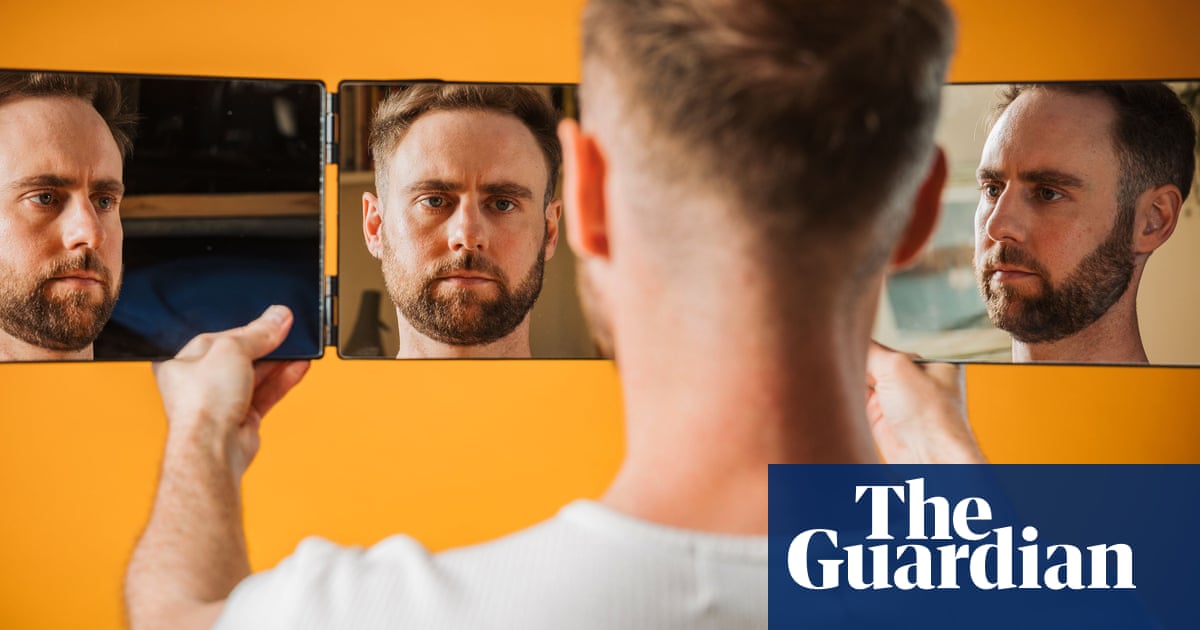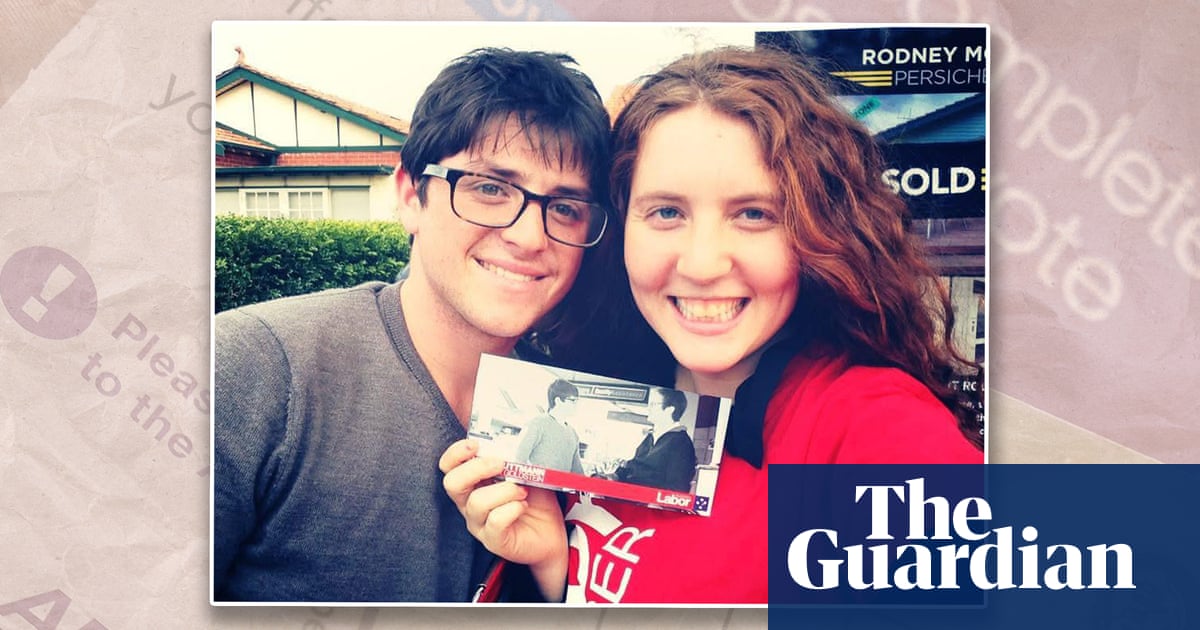If anyone could have rebooted and revitalised the much-mocked 70s softcore-sexy franchise Emmanuelle, you would think it would be that formidably smart film-maker Audrey Diwan, winner of the Venice Golden Lion for her drama Happening. In the porn-chic era of 1974, Emmanuelle was an odyssey of saucy self-awakening which featured Sylvia Kristel seated on the iconic rattan chair, and was directed by Just Jaeckin, the man with the most outrageous name in adult entertainment. In theory, this meisterwerk is ripe for reinvention as a spectacle of unapologetic sensuality in our new world of the sex-positive and kitsch-positive.
But even with Noémie Merlant as her lead and no less a film-maker than Rebecca Zlotowski working with Diwan on the screenplay, this Emmanuelle 2.0 comes across as inert and self-conscious, confusing torpor with languor, and endowing the non-sex scenes and also the sex scenes with blankness rather than tension or anticipation or pleasure.
Emmanuelle is now an international woman of mystery on a first-class flight, copping some mile-high-club points with a handsome stranger in the (spacious) loo before checking into a luxurious hotel in Hong Kong, managed by the coolly enigmatic Margot, played by Naomi Watts – who has of course already starred in one of the great erotic scenes in movie history, with Laura Elena Harring in David Lynch’s Mulholland Drive. Emmanuelle’s mission is to inspect every aspect of the facilities, but secretly thrilled to discover a secret escort ring centred on the pool.
Then Emmanuelle is entranced by coolly impassive guest Kei, whose bathwater is the object of some sub-Saltburn fetishising; he is played by Will Sharpe, the young British actor who has shown he can play drama (The White Lotus) and comedy (A Real Pain), and is now a plausible romantic-erotic lead. As for Emmanuelle herself, there are hints at some older woman who has set her up in the job, but Diwan’s (surely correct) tendency is to avoid backstory and emphasise the eroticism of anonymity.
The 1974 original simplified the aspects of exoticism and orientalism in the autobiographical source novel, whose author Marayat Bibidh, pen-named Emmanuelle Arsan, was Thai-French; the movie made her white and displaced her Thai identity out into the racy world of Bangkok where it was set. This new film follows that lead, transplanting the action to Hong Kong, but making it about a seemingly demure white woman in a liberated Asian pleasure garden. In her own memoir, Kristel revealed that she had been abused as a child, which further complicates our memories.
It is somewhat off-putting in the way Watts and Sharpe, both native English speakers, are required to speak in a rather slow and stilted way, perhaps to match Merlant’s rather halting line-readings in English. How, I wonder, would a film-maker like Nicolas Winding Refn have managed the scenes in the hotel’s occult darkness? Upsettingly and explicitly, probably … and softcore is really what this has to be about. Perhaps Diwan’s instinct for artistic good taste is inhibiting it.










